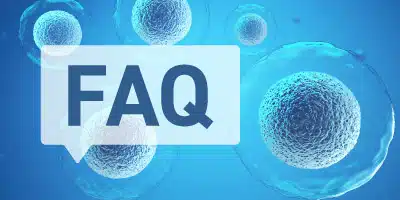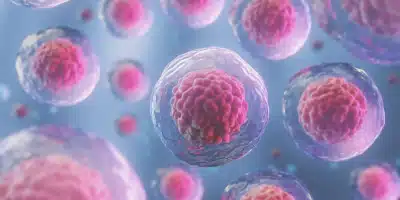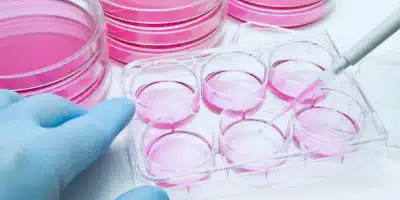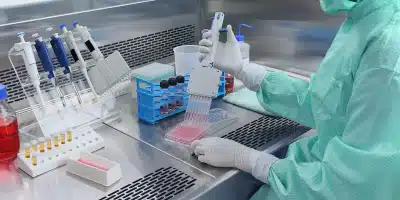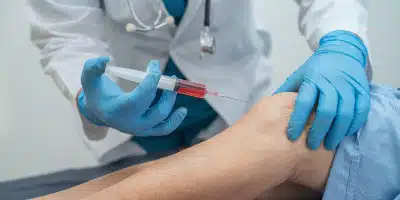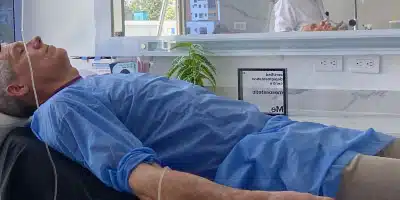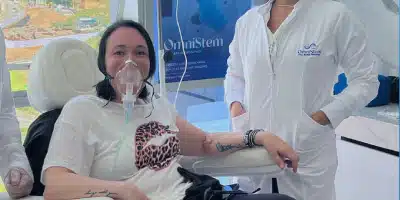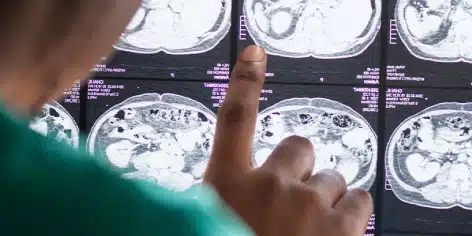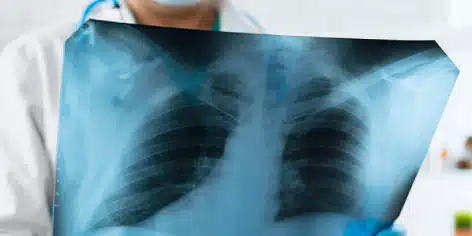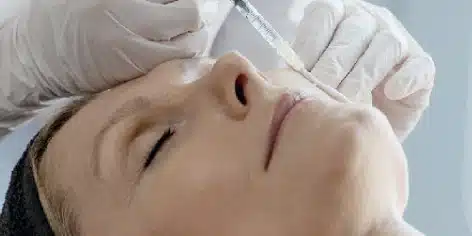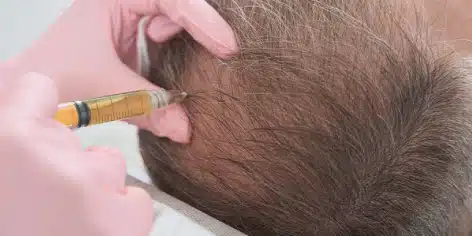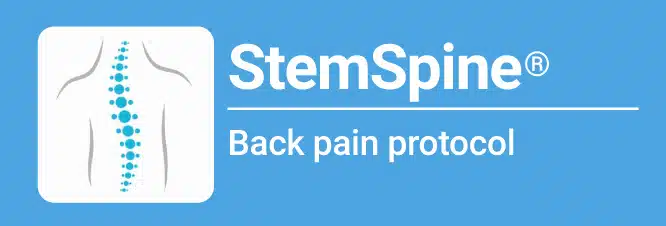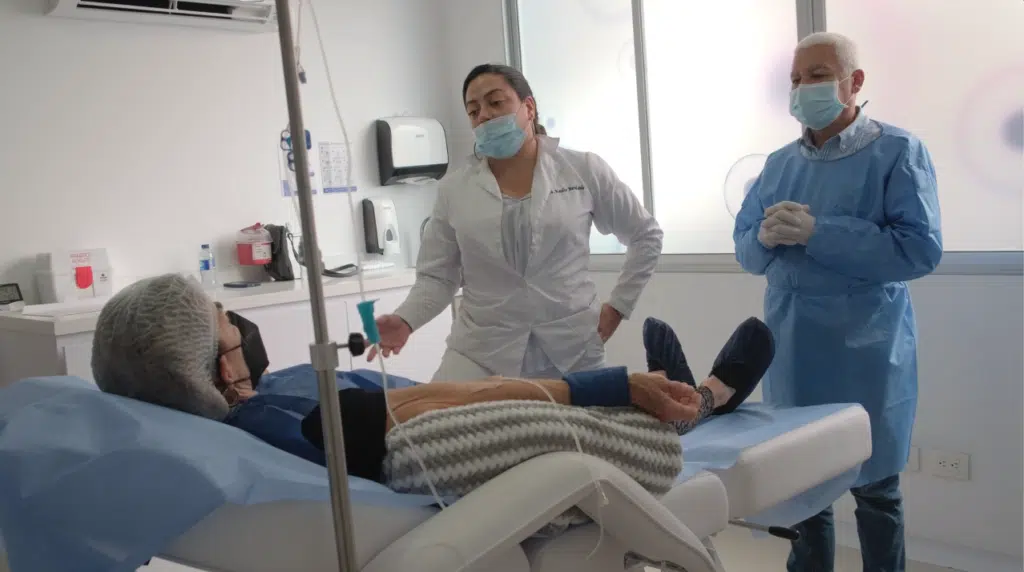With a Stem Cell total body infusion, you will feel energized, activated, and younger
As we get older, many problems appear that affect our quality of life. One of the major categories of these are health problems that stem from autoimmune diseases. Autoimmune diseases are conditions in which the patient’s immune system generates cellular and antibody responses to substances and tissues normally present in the body and develop when the immune system mistakenly attacks the body’s cells. These inflammatory disorders can be inherited or triggered by external forces. This can be limited to one organ or affect a particular tissue in different locations. As a result of this immune response, damage occurs in different organs.
Our immune system is designed to protect the body against microbial invaders such as bacteria and viruses. When functioning properly, the immune system detects these microbial foreign bodies and sends a defensive force of warrior cells to surround and kill them. A healthy immune system knows the difference between foreign invaders and the body’s own “good” cells, organs, and microorganisms. Currently, autoimmune conditions are treated in a variety of ways, however, most of these ways only control the overactive immune response and reduce inflammation. There are also treatments to alleviate symptoms such as pain, swelling, fatigue, and rash, with a special diet and regular exercise. However, despite inducing temporary improvement, these approaches have the potential for long-term adverse effects as well as the need for lifelong treatment.
These are some common autoimmune conditions:
RHEUMATOID ARTHRITIS (RA)
Rheumatoid arthritis is a long-term condition that causes pain, swelling, and stiffness in the joints. The condition usually can affect the hands, feet, and wrists. Around 40% of the patients with rheumatoid arthritis also experience problems in another tissue such as kidneys, lungs, and heart and they can also experience symptoms such as fatigue and weight loss.
ANKYLOSING SPONDYLITIS (AS)
AS is a chronic osteoarticular disease that primarily affects the spine and but that inflammation also extends to the ocular region, generating complications such as uveitis, shortening of the rib cage, and pulmonary complications from restriction. It is caused by the HLA-B27 gene, which is present in most cases
SYSTEMIC LUPUS ERYTHEMATOSUS (SLE)
Systemic Lupus Erythematous (SLE) is an autoimmune disease. In this disease, the body’s immune system mistakenly attacks healthy tissue. It can affect the skin, joints, kidneys, brain, and other organs. Developing severe complications during outbreaks of the disease.
SYSTEMIC SCLEROSIS (ES)
This is a rare autoimmune disease that attacks organs made up of connective tissue, and skin first but over time, there are effects on the blood vessels since it induces heart disorders, even altering the digestive system. Those cases can have a severe course. Its treatment options are very limited, and the drugs that may be useful have a narrow margin of safety.

How can Stem Cells help treat autoimmune diseases?
Stem Cells are characterized by their capacity for self-renewal, differentiation, proliferation, mobilization, and homing. Specifically, Mesenchymal Stem Cells (MCSs) lodge in inflamed tissue and begin to produce anti-inflammatory agents. These mediators act locally and do not suppress the immune response of the patient’s entire body. In addition, MSCs induce the production of regulatory cells, a type of immune cell whose function is to protect the body against immune self-attack. These biological substances repair tissue and stimulate the production of new blood vessels that allow healing and reduce inflammation. But naturally, when we age or encounter a disease, our natural reserve of MSCs becomes depleted and our body’s internal production of these master cells is exponentially reduced. Therefore we need to find new ways to renew them such as through Stem Cell treatments.
The use of Stem Cell therapies in immune-related diseases is becoming increasingly common. By 2004, European and North American data banks had accumulated information on about 800 patients treated with MSCs for various diseases. Stem Cells have the ability to turn into cells of damaged organs when they touch them, which is why they are used in the treatment of autoimmune diseases. They also treat damaged nerves and muscles similarly. In addition to healing damaged tissues, Stem Cells have the unique ability to modulate the immune system to stop pathological responses and preserve its ability to fight disease. In this way, they can slow the progression of disease, halt it altogether or set it back.
What is an Intravenous Stem Cell infusion?
Mesenchymal Stem Cell infusion is a simple intravenous drip that lasts approximately one hour with little to no downtime and replenishes the body’s supply of MSC Stem Cells which signals the body to repair its injured tissues, organs, and joints through the production of trophic factors and bioactive molecules. Thanks to this treatment, patients report feeling energized and activated; with a generalized sense of well-being immediately after treatment. Intravenous Total Body Infusion is Emuna’s signature treatment for tissue regeneration, inflammation reduction, and replenishment of injured cells throughout the body.
Stem Cell therapies give confidence
As mentioned earlier, patients report feeling energized, active, and with a sense of well-being after treatment. And that’s why we want you to hear from one of our patients.
Karol Duffy, a 71-year-old patient suffering from arthritis, colitis, and heart attacks, talks about her experience with us and the benefits she felt in the days and weeks following her Stem Cell treatment at Emuna Wellness.
Why Choose Emuna Wellness for your Stem Cells therapy?
The United States may have many excellent Stem Cell clinics, in reality, they are not the best place to receive Stem Cell care. This is due to several reasons. The first and most important reason is that Stem Cells are over-regulated in the United States. This is why leaving the United States to receive your Stem Cell treatment is the best option. For that reason Emuna Wellness has its centers in Colombia which will allow you to get advanced and high-quality care. Colombia is the perfect place to receive a Stem Cell treatment because it does not over-regulate the Stem Cell market and instead promotes innovation and market growth within its borders.
At Emuna Wellness we offer you incredible attention to help you with any condition you may be suffering from and depending on your condition provide you with the best service and the best quality. In addition to your treatment, you can count on the best team that will help you in your stay in Colombia, offering accommodation in our exclusive country houses to have a luxurious stay. Which includes services such as a personal translator, private security, airport transportation, laundry service, cook, wifi, and excursions all this to make your experience more pleasant.
We will be happy to support you and help you in your healing process with Emuna’s regenerative medicine retreat programs. Schedule your free consultation with our patient advocate team or email us at info@omni-stem.com or call us +1 (833) 991 4500
References:
- Parekkadan B, Milwid JM: Mesenchymal stem cells as therapeutics. Annu Rev Biomed Eng 2010, 12:87-117
- García-Gómez I, Elvira G, Zapata AG, Lamana ML, Ramírez M, Castro JG, Arranz MG, Vicente A, Bueren J, García-Olmo D: Mesenchymal stem cells: biological properties and clinical applications. Expert Opin Biol Ther 2010, 10:1453-1468.
- Ra JC, Shin IS, Kim SH, Kang SK, Kang BC, Lee HY, Kim YJ, Jo JY, Yoon EJ, Choi HJ, Kwon E: Safety of intravenous infusion of human adipose tissue- derived mesenchymal stem cells in animals and humans. Stem Cells Dev 2011, 20(8):1295-6.
- Mattner J. Genetic susceptibility to autoimmune liver disease. World J Hepatol. 2011;3(1):1–7. Epub 2011/02/11. https://doi.org/10.4254/wjh.v3.i1.1.
- Zhou GP, Jiang YZ, Sun LY, Zhu ZJ. Therapeutic effect and safety of stem cell therapy for chronic liver disease: a systematic review and meta-analysis of randomized controlled trials. Stem cell Res Ther. 2020;11(1):1-19.
- The use of stem cells for the treatment of autoimmune diseases (December, 2007) Scielo Brasil. taken from: https://www.scielo.br/j/bjmbr/a/7hhRnCDFfp4MDJG5GTJc59N/?lang=en
- The use of patient-specific stem cells in different autoimmune diseases (May, 2002) Science Direct. taken from: sciencedirect.com/science/article/pii/S1319562X22000857#:~:text=So%20far%2C%20stem%20cells%20such,procedures%20have%20certain%20ethical%20concerns
- Issues and opportunities of stem cell therapy in autoimmune diseases (Abril 26,2019) National Library of Medicine, taken from: https://www.ncbi.nlm.nih.gov/pmc/articles/PMC6503459/

